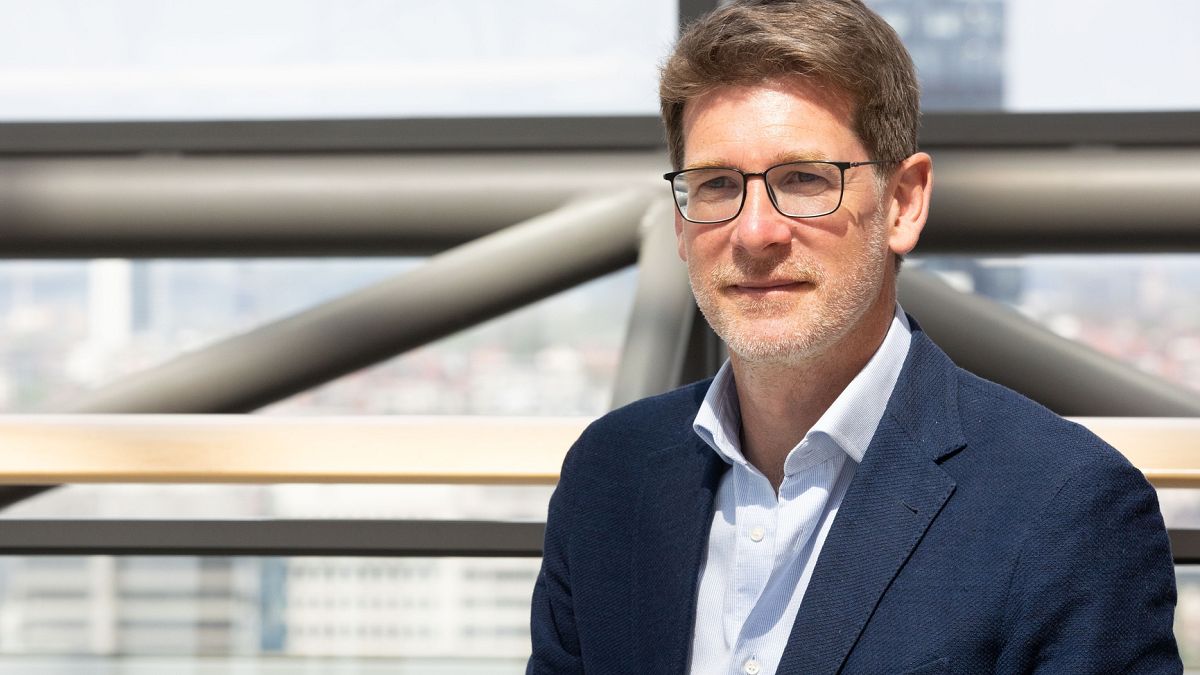"If we succeed, we will have set up a new model of growth and prosperity that may inspire the rest of our international partners," argues MEP Pascal Canfin.
Pascal Canfin is a Member of the European Parliament and Chair of the Committee on the Environment, Public Health and Food Safety
Since 2019, Europe has made strong political commitments to fight global warming. We now have a common goal of achieving climate neutrality by 2050 and have agreed to increase the target for reducing greenhouse gas emissions from 40% to at least 55% by 2030.
However, setting targets is not enough. We need to design a credible pathway to reach them. This is exactly what we are doing with the European Green Deal. It is a plan for ecological transition that affects all sectors of our economy and all aspects of our daily lives.
With its deployment, Europe takes an unprecedented path, redefining almost all its public policies in order to put them at the service of the ecological transition. If we succeed, we will have set up a new model of growth and prosperity that may inspire the rest of our international partners.
2021 opens a new chapter of the Green Deal with the translation of our climate objectives into legislative proposals. In 18 months, Europe will completely change the rules of the game: more than 50 European laws will be reviewed to be aligned with our climate objectives.
These laws will profoundly change our behaviour, from the way we produce to the way we consume and the way we trade with the rest of the world.
In July, for example, the European Commission will simultaneously present a first batch of 13 key pieces of legislation to reform the carbon market and extend it to new sector. This will create a carbon border adjustment mechanism to avoid climate dumping and allow our companies to do more for climate without suffering unfair competition.
But the Green Deal also belongs to a geopolitical momentum. When all major powers are starting a climate race to the top, this is a turning point for multilateralism.
The UK has presented its commitments and is actively preparing for COP26. China has set 2060 for achieving climate neutrality. The new US administration rejoined the Paris Agreement on day one of President Joe Biden's tenure and has already announced an increased ambition.
No one among the world's biggest players, and carbon emitters, is questioning the need to do more about climate change. We must seize this opportunity to connect the dots, to transform international action into responsible multilateralism.
One example: the EU has just set a new standard for green investments and is on the verge of becoming the world's largest issuer of green bonds, with over €200 billion over the next few years to fund its recovery plan.
While the EU has taken a step forward, its impact will only be greater if other countries fight in the same direction. States, if they cooperate properly, can create virtuous circles.
We could also integrate climate issues in our trade policy – something which the EU and the US, both accounting for one third of global GDP, have committed to do – so that our trade strength gets translated into the promotion of our environment climate standards.
In 6 months time, COP26 in Glasgow must be a moment of convergence to forge a new social contract around the transition. The Paris Agreement was the birth of real global action against climate change. We are now entering the age of maturity: concrete and credible changes are expected by citizens, in particular youth movements.
The Green Deal is now about transforming our economy to allow Europe to enjoy renewed prosperity.
